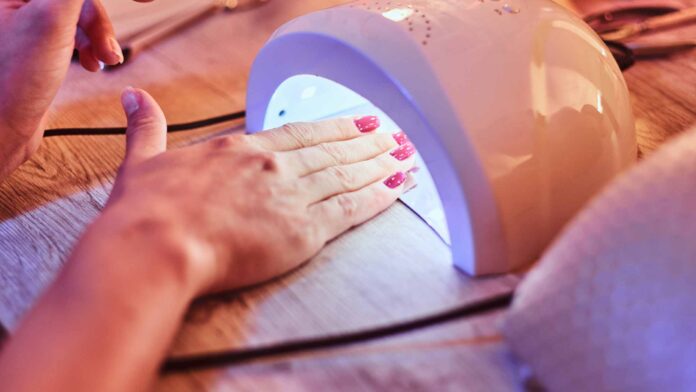Imagine you’ve just treated yourself to a relaxing day at the nail salon. You lean back in your chair, close your eyes, and let the skilled technicians work their magic on your nails. However, a few days later, you notice redness, swelling, and pain around your nails. Could it be an infection from the nail salon? And if so, can you sue the nail salon for it?
Infections from nail salons are more common than you might think. While most nail salons follow strict hygiene protocols, accidents can happen, leading to bacterial or fungal infections. These infections can range from minor irritations to more serious health concerns, requiring medical attention. If you believe you contracted an infection at a nail salon due to their negligence, you may have grounds to sue.
Here’s a breakdown of what you need to know about suing a nail salon for infection:
1. Proving Negligence: To successfully sue a nail salon for infection, you will need to prove that they were negligent in their duty to maintain a clean and safe environment. This could include failing to sanitize tools properly, using contaminated products, or not following proper hygiene practices.
2. Seeking Compensation: If you can prove the salon’s negligence caused your infection, you may be entitled to compensation for medical expenses, pain and suffering, lost wages, and any other damages incurred as a result of the infection.
3. Legal Considerations: Before pursuing legal action, it’s important to consult with a lawyer who specializes in personal injury cases. They can help you understand your rights, navigate the legal process, and determine the best course of action for your case.
4. Prevention Tips: To prevent infections at nail salons, choose reputable salons that prioritize cleanliness and hygiene. Make sure technicians wash their hands, use disposable tools or properly sanitized equipment, and follow all safety protocols.
While suing a nail salon for an infection may seem daunting, it’s essential to hold businesses accountable for their negligence. By taking action, you not only seek justice for yourself but also help prevent future infections for others. If you find yourself in this situation, don’t hesitate to seek legal advice and explore your options for recourse. Your health and well-being are worth fighting for.












